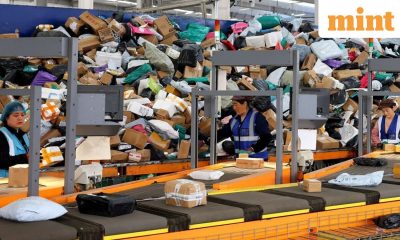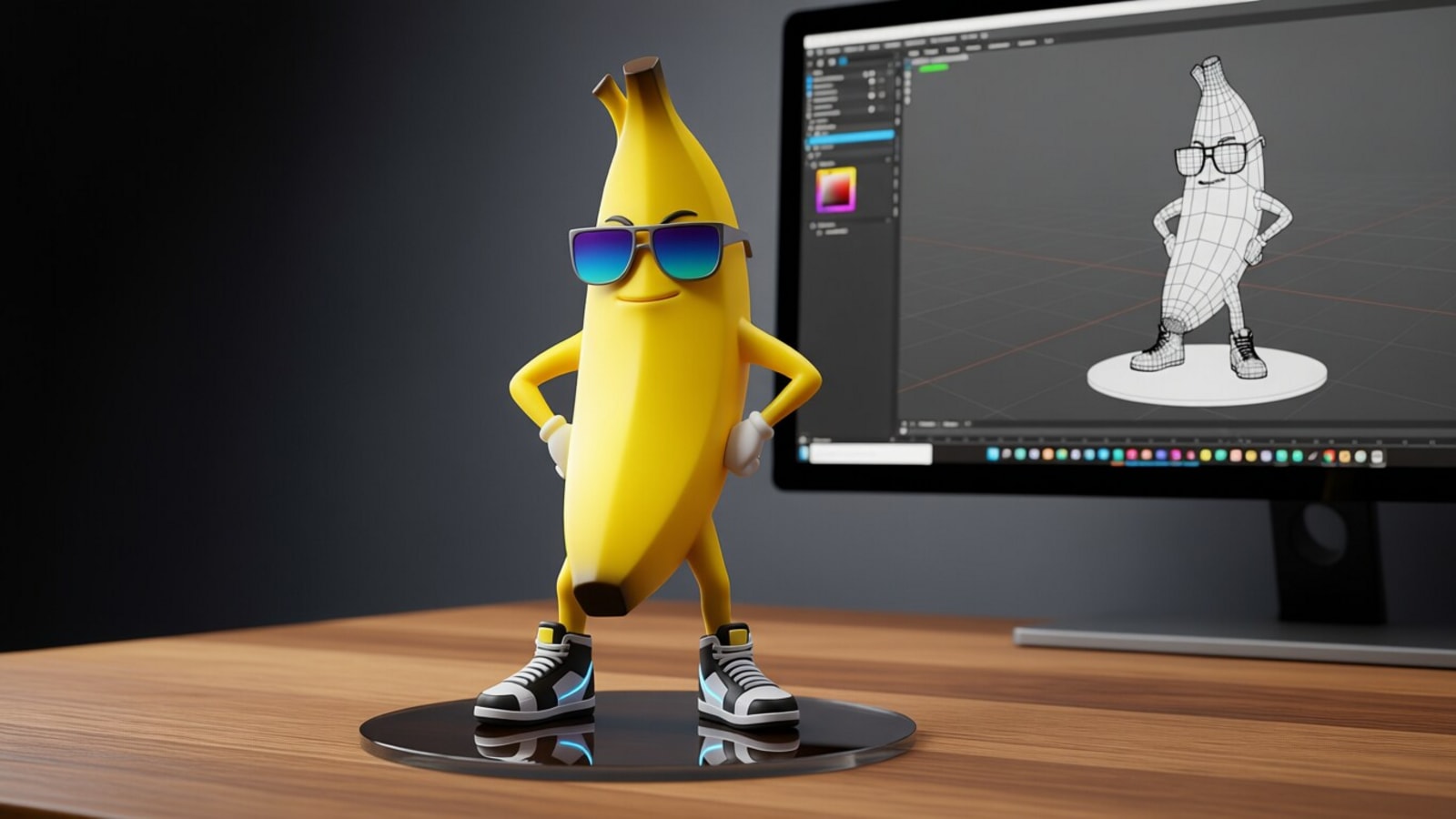
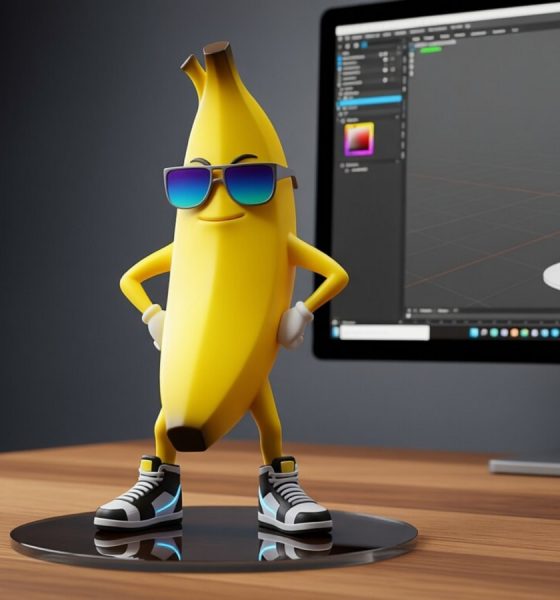
Metaverse
Why Nano Banana feels less like a shock and more like the future of our online lives – Crypto News
It demonstrates exactly what Google claims in its blog post about the AI image editing tool that allows you to place yourself against any backdrop, or in any photo, regardless of whether you were ever there—“the only limit is your imagination”.
For once, the marketing isn’t exaggerated.
Friends are posting themselves against cinematic backdrops, half-admitting in captions that the images look nothing like them, yet confessing they love the look. Some are editing themselves into casual or intimate frames with celebrities, as if living out the fantasy of being romantic with a reel-life crush. Yet others can be seen hugging their younger selves, or spinning jokes around the prompt.
The possibilities are limitless, as are the questions about privacy, bias, and creative ownership.
Manufacturing nostalgia
It makes me wonder if Meta is quietly relieved: Google’s Gemini 2.5 Flash Image, viral by its codename Nano Banana, may be far more popular than its own chatbot, but every one of these AI portraits still ends up on Instagram.
More importantly, watching this celebration of our prompting genius took me back to a simpler time on the internet: Remember when every other picture had a sepia tint, or a Valencia glow?
Then came the #nofilter mention in picture captions, and authenticity became the selling point. People captioned their selfies “woke up like this”, a phrase that only worked because it needed announcing.
Of course, nobody believed it. Bare-faced selfies were carefully angled, sometimes taken at 0.5x camera setting for that deliberate distortion to look thinner, taller. Those were the early years of learning how to live inside the digital grid, polishing reality just enough to make it “aesthetic”. ‘Paris’ was everyone’s go-to filter at one point because it looked the least like a filter.
We’ve been doing this dance for years on social media. We start with hiding blemishes, then enhancing features, then performing authenticity, and eventually admitting that the performance is the whole point. Which is why Nano Banana feels less like a shock and more like the next inevitable step.
Two years ago, image generation and editing tools Stable Diffusion and Midjourney flooded the internet with AI art. According to the tech blog Everypixel, “more than 15 billion images were created using text-to-image algorithms from 2022 to 2023…. it took photography from 1826 onwards decades to reach that number”.
But those images leaned toward fantasy. Anime avatars, oil-painted portraits against surreal landscapes. Nano Banana is different. It brings the experiment closer to the self. It’s not just about showing us as flawless. It taps into our yearning for nostalgia and allows us to create a memory in the past that never actually existed.
This isn’t nostalgia captured; it’s nostalgia manufactured.
Escaping reality
When the past is reconstructed through prompts, does it still anchor us, or does it drift away like another performance?
What does every AI-led picture trend tell us about how we see ourselves, our real selves?
It’s not just about concealing acne or smoothing wrinkles anymore. These AI edits don’t just make us look good; they make us look different. We rush to share these images because they feel more likeable. But to whom—others or ourselves?
And what happens after this? Will this flood of avatars make us treasure candid, untouched photos again? Or will it make us suspicious of all photographs on the internet? Imagine scrolling through your digital albums a decade from now, wondering if a particularly striking image was even a real memory?
You could argue we had Photoshop long before Instagram and AI. Other than the aspect of access, there’s also the difference between enhancing and reinventing. Filters helped our lives look better. AI changes it entirely.
Maybe this is the natural trajectory of our image-obsession: from soft edits to total reinvention. Each stage promises freedom from imperfection, only to deliver a new standard we can’t keep up with.
Nano Banana isn’t the end of that line. It’s just the latest mask in a costume trunk we keep raiding in the hope of hiding our real faces from ourselves. So yes, let’s go bananas.
-

 Blockchain1 week ago
Blockchain1 week agoThe Quantum Clock Is Ticking on Blockchain Security – Crypto News
-
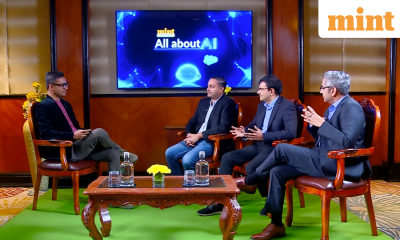
 Metaverse6 days ago
Metaverse6 days agoContext engineering and the Future of AI-powered business – Crypto News
-

 Metaverse6 days ago
Metaverse6 days agoContext engineering and the Future of AI-powered business – Crypto News
-
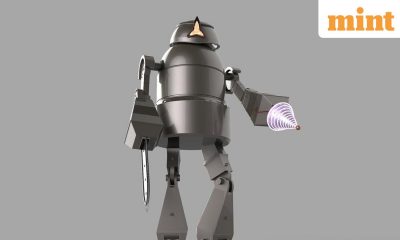
 Metaverse5 days ago
Metaverse5 days agoStop panicking about AI. Start preparing – Crypto News
-
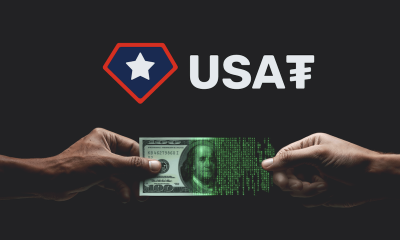
 Blockchain1 week ago
Blockchain1 week agoTether Launches Dollar-Backed Stablecoin USAT – Crypto News
-
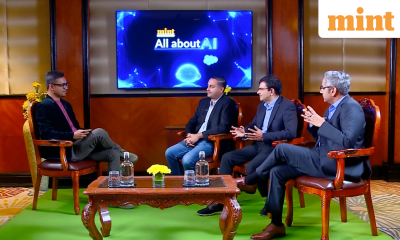
 Metaverse6 days ago
Metaverse6 days agoContext engineering and the Future of AI-powered business – Crypto News
-

 Blockchain1 week ago
Blockchain1 week agoKalshi Expands Political Footprint with DC Office, Democratic Hire – Crypto News
-
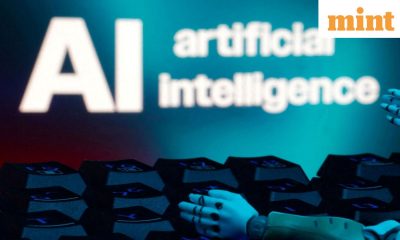
 Metaverse1 week ago
Metaverse1 week agoIs AI eating up jobs in UK? New report paints bleak picture – Crypto News
-

 others1 week ago
others1 week agoZetaChain 2.0 Launches With Anuma, Bringing Private Memory and AI Interoperability to Creators – Crypto News
-

 others1 week ago
others1 week agoZetaChain 2.0 Launches With Anuma, Bringing Private Memory and AI Interoperability to Creators – Crypto News
-

 others1 week ago
others1 week agoZetaChain 2.0 Launches With Anuma, Bringing Private Memory and AI Interoperability to Creators – Crypto News
-

 Cryptocurrency1 week ago
Cryptocurrency1 week agoTrump family-backed American Bitcoin achieves 116% BTC yield – Crypto News
-
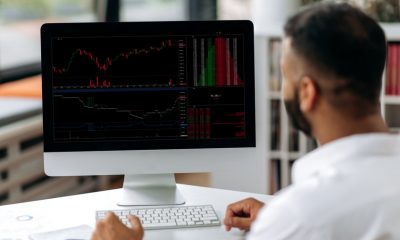
 Cryptocurrency1 week ago
Cryptocurrency1 week agoRiver price defies market downturn, explodes 40% to new ATH – Crypto News
-

 Cryptocurrency1 week ago
Cryptocurrency1 week agoCourt Crushes Lawsuit Against Ripple – Crypto News
-
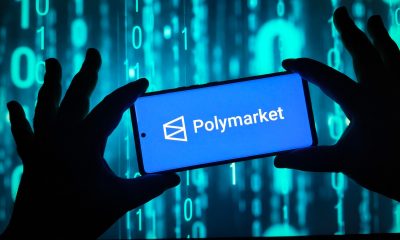
 Blockchain17 hours ago
Blockchain17 hours agoPolymarket Taps Circle to Support Dollar-Denominated Settlements – Crypto News
-
Business1 week ago
XRP Payments Utility Expands as Ripple Launches Treasury Platform – Crypto News
-

 Technology1 week ago
Technology1 week agoElon Musk says ‘WhatsApp is not secure’ amid Meta privacy lawsuit; Sridhar Vembu cites ‘conflict of interest’ – Crypto News
-
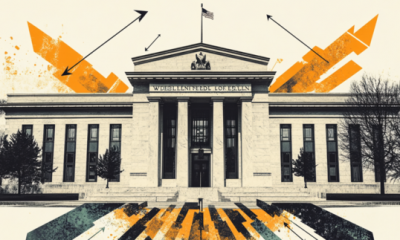
 others1 week ago
others1 week agoUS Dollar hits 2022 lows as ‘Sell America’ trade intensifies ahead of Fed’s decision – Crypto News
-
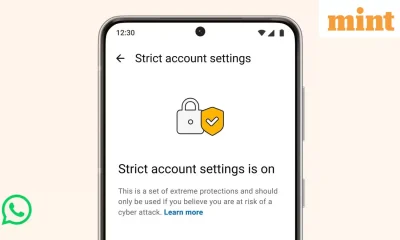
 Technology1 week ago
Technology1 week agoWhatsApp launches ‘Strict Account Settings’: How to enable the new lockdown-style mode? – Crypto News
-
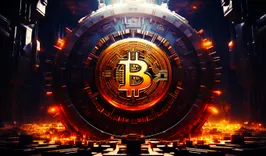
 others1 week ago
others1 week agoMichael Saylor’s Strategy Buys Another $264,100,000 in Bitcoin (BTC) Amid Crypto Market Downturn – Crypto News
-

 Blockchain1 week ago
Blockchain1 week agoCrypto Laundering On Centralized Exchanges Declines: Report – Crypto News
-

 others1 week ago
others1 week agoFundstrat’s Tom Lee Says Earnings Growth, Dollar Weakness Primed To Drive Stocks Higher – Here’s His Target – Crypto News
-

 others1 week ago
others1 week agoQXMP Labs Announces Activation of RWA Liquidity Architecture and $1.1 Trillion On-Chain Asset Registration – Crypto News
-
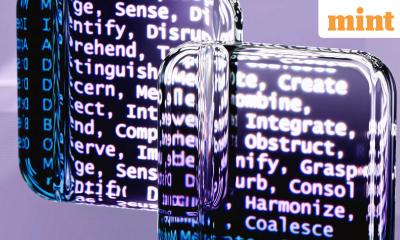
 Metaverse1 week ago
Metaverse1 week agoHow to avoid common AI pitfalls in the workplace – Crypto News
-
others1 week ago
Breaking: USDT Issuer Tether Launches GENIUS Act-Compliant USAT Stablecoin – Crypto News
-
others1 week ago
Jerome Powell Speech Tomorrow: What to Expect From Fed Meeting for Crypto Market? – Crypto News
-
Business1 week ago
Strategic Bitcoin Reserve: South Dakota Introduces Bill to Invest in BTC as U.S. States Explore Crypto – Crypto News
-
Business1 week ago
Trump’s Crypto Adviser Confirms Probe Into Alleged Theft From U.S. Crypto Reserve – Crypto News
-

 Technology1 week ago
Technology1 week agoWhatsApp launches ‘Strict Account Settings’: How to enable the new lockdown-style mode? – Crypto News
-
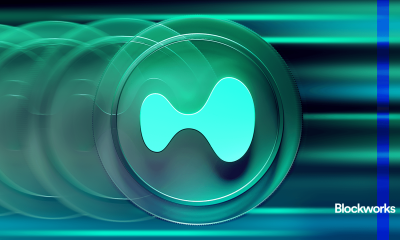
 Cryptocurrency1 week ago
Cryptocurrency1 week agoHyperliquid: The frontend wars – Blockworks – Crypto News
-
Technology1 week ago
Solana Price Targets $200 as $152B WisdomTree Joins the Ecosystem – Crypto News
-

 others1 week ago
others1 week agoCrypto Exchange Kraken Announces DeFi-Level Yields for Users in US, EU and Canada – Crypto News
-
Technology4 days ago
Fed Rate Cut Uncertainty Mounts as BLS Delays Jobs Report Amid Shutdown – Crypto News
-
others2 days ago
Crypto Market Bill Set to Progress as Senate Democrats Resume Talks After Markup Delay – Crypto News
-
Cryptocurrency1 week ago
Pi Network Price Prediction as 134M Token Unlock in Jan 2026 Could Mark a New All-Time Low – Crypto News
-
Technology1 week ago
Pi Network Price Prediction as 134M Token Unlock in Jan 2026 Could Mark a New All-Time Low – Crypto News
-
Technology1 week ago
Pi Network Price Prediction as 134M Token Unlock in Jan 2026 Could Mark a New All-Time Low – Crypto News
-

 Blockchain1 week ago
Blockchain1 week agoBNB Chain’s Prediction Markets Soar As Volume Crosses $20B – Crypto News
-
Technology1 week ago
Trump Speech in Iowa Today: Possible Impact on Stocks and Crypto Market – Crypto News
-
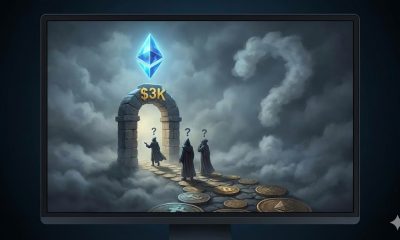
 Blockchain1 week ago
Blockchain1 week agoEthereum Price Breaks Back To $3K As Traders Question Follow-Through – Crypto News
-
others1 week ago
Shiba Inu Price Outlook As SHIB Burn Rate Explodes 2800% in 24 Hours – Crypto News
-

 Blockchain1 week ago
Blockchain1 week ago4 In 10 US Merchants Now Accept Crypto – Crypto News
-
Business1 week ago
XRP Price Prediction After Ripple Treasury launch – Crypto News
-
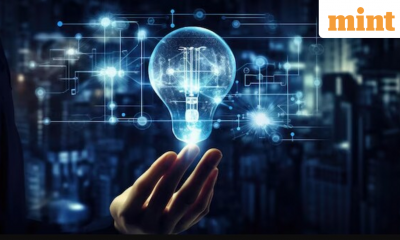
 Technology1 week ago
Technology1 week agoMicrosoft shares slide as AI spending surges – Crypto News
-

 Cryptocurrency1 week ago
Cryptocurrency1 week agoMetaplanet boosts forecasts despite Bitcoin write-down clouding annual results – Crypto News
-
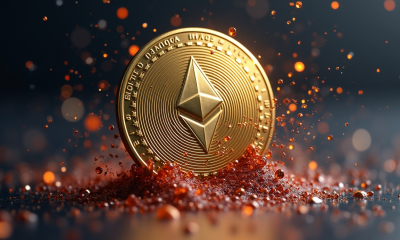
 Cryptocurrency1 week ago
Cryptocurrency1 week agoETH price prediction as Ethereum prepares for ERC-8004 mainnet rollout – Crypto News
-
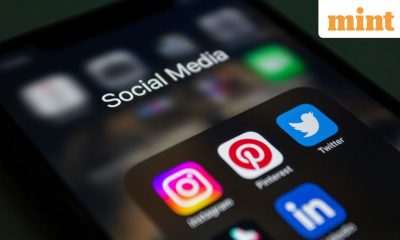
 Technology1 week ago
Technology1 week agoEconomic Survey calls for age-based limits on social media access, urges curbs to tackle digital addiction – Crypto News
-
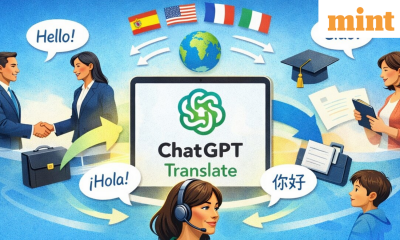
 Metaverse6 days ago
Metaverse6 days agoAI Tool of the Week: When translation understands context – Crypto News
-

 Cryptocurrency5 days ago
Cryptocurrency5 days agoETH Staking Skyrockets as 30% of Total Supply Now Staked in Historic Move – Crypto News
-

 Metaverse5 days ago
Metaverse5 days agoGoogle Gemini launches JEE Main mock test papers: IIT Kharagpur alumnus Sundar Pichai goes nostalgic, ‘If I could…’ – Crypto News



